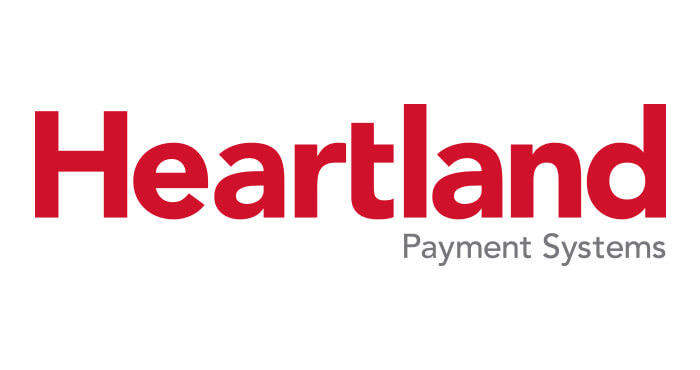Card Brand Surcharge Rule Changes
Card Brand Surcharge Rule Changes - 3% Cap

Rule change goes into effect April 15, 2023
This content has been provided by Heartland Payment Systems.
A Surcharge is a fee assessed on credit cards only to help recoup all or part of the cost of card processing. Due to an increase in Surcharge related violations, confusion around the rules, and a few recent changes from Visa (listed in the Visa section), we would like to remind clients of the card brand rules around charging a Surcharge to cardholders.
NOTE: Surcharging rules apply to Visa, Mastercard, and Discover. Surcharging on American Express is only allowed via the Heartland Amex OptBlue program. (If you are interested in processing American Express OptBlue, please contact Heartland for information on the program and eligibility.)
Below are a list of rules, reminders, and changes for Surcharging:
- Registration is required in order to implement a Surcharge.
- Visa requires a Surcharge indicator to be included in the transaction (see Visa section)
- Please check with either Heartland or your POS provider to ensure your device is capable of Surcharging properly and set up to send the indicator.
Surcharging must NOT be charged on a debit card and prepaid card.
This requirement refers to the type of card presented for payment and not the method in which the card is being processed (PIN debit, signature debit, credit).
Surcharge can be charged in a Face-to-Face and non-Face-to Face environment.
The Surcharge amount can be fixed or variable, but it must be charged the same on all brands and all payment channels.
Surcharging cannot exceed the cost of acceptance and is capped at 3%
Note: Visa recently changed the cap from 4% to 3% while Discover and Mastercard are still at 4% and Amex OptBlue is 3.5%.
Given the rule of parity across all card brands, the cap of 3% must be utilized.
In preparation for this change, Heartland will be updating the Surcharge cap prior to April 15, 2023:
- The merchant must make clear disclosure of the Surcharge amount at the entrance to the store, at the point of sale and on the transaction receipt.
- Disclosure must have the exact amount or percentage of the Surcharge.
- Disclosure must include a statement that the Surcharge is being assessed by the merchant and is only applicable to credit transactions.
The cardholder must be given the opportunity to cancel the transaction without penalty after the Surcharge is disclosed.
Surcharging is currently prohibited in Massachusetts, Connecticut, Maine, and Oklahoma (subject to change)
Note: When assessing a Surcharge (in accordance with card brand requirements), please also consult your legal counsel as needed, to ensure that Surcharging is permitted by law as it varies by jurisdiction and may not be allowed.
A Surcharge cannot be charged in conjunction with a Service Fee or a Convenience Fee. The intent and definition of these are a bit different and each have their own set of rules.
For more information, please contact Heartland Payment Systems.
